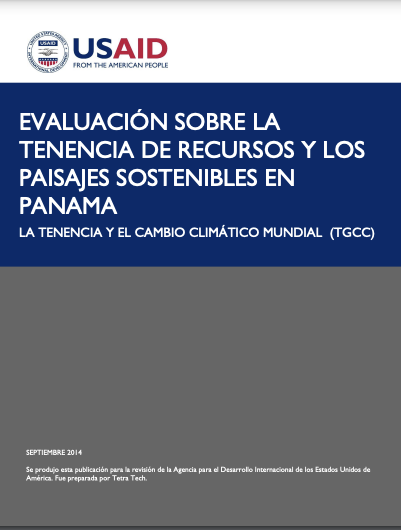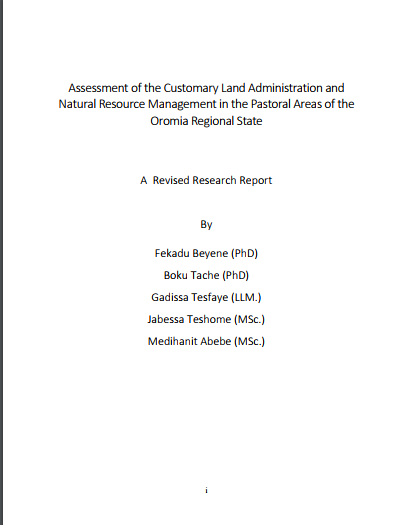Location
About Us
We envision a world in which land governance systems, both formal and informal, are effective, accessible, and responsive for all. This is possible when land tenure and property rights are recognized as critical development issues and when the United States Government and its development partners demonstrate consistent attention and a firm commitment to supporting coordinated policies and programs that clarify and strengthen the land tenure and property rights of all members of society, enabling broad-based economic growth, gender equality, reduced incidence of conflicts, enhanced food security, improved resilience to climate change, and effective natural resource management.
Mission Statement
The USAID Land Tenure and Resource Management (LTRM) Office will lead the United States Government to realize international efforts—in accordance with the U.S. Government’s Land Governance Policy—to clarify and strengthen the land tenure and property rights of all members of society—individuals, groups and legal entities, including those individuals and groups that are often marginalized, and the LTRM Office will help ensure that land governance systems are effective, accessible, and responsive. We will achieve this by testing innovative models for securing land tenure and property rights and disseminating best practice as it relates to securing land rights and improving resource governance within the USG and our development partners.
Members:
Resources
Displaying 76 - 80 of 440Aerial Mapping of Diamond Sites Aims to Reduce Conflict, Benefit Miners
In Forécariah, Guinea, a remote-controlled mini-helicopter provided in cooperation with the United States Geological Survey (USGS) is helping the Government of Guinea and the local community aerially map the most likely locations of diamond deposits. That information will enable miners to lease parcels of land that are more likely to generate a return on their investment, the Government of Guinea to better monitor and regulate artisanal mining, and farmers to grow crops on surrounding land with fewer conflicts.
Evaluación de los paisajes sostenibles y la tenencia de recursos en Panamá
A medida que la comunidad mundial intenta abordar el tema del cambio climático a través de medidas de adaptación y mitigación en el paisaje en países en desarrollo, se realza cada vez más la importancia que reviste la tenencia de recursos.
Assessment of the Customary Land Administration and Natural Resource Management in the Pastoral Areas of the Oromia Regional State
Pastoralism has been under pressure due to a number of factors including climate change, population pressure and socioeconomic dynamism. These factors have affected the relationships among different pastoral groups and the functioning of the customary institutions in managing natural resources. Interference of the state structures into pastoral areas, land alienation for large scale investment and delineation of protected area from communal grazing areas have negatively affected the relationships between pastoralists and the state.
Assessment of Rwanda’s Gendered Land Rights Informs New Approach
Guest commentary by Anna Knox, Chief of Party, USAID's LAND project in Rwanda.
Highlights from the Kimberley Process Intersessional
By Frank Pichel, Land Tenure and Property Rights Specialist, USAID.
I was pleased to attend the June 2014 intersessional meeting of the Kimberley Process Certification Scheme (KPCS) in Shanghai, China and want to share several noteworthy achievements for USAID’s ongoing efforts to strengthen land tenure and property rights and prevent conflict.




